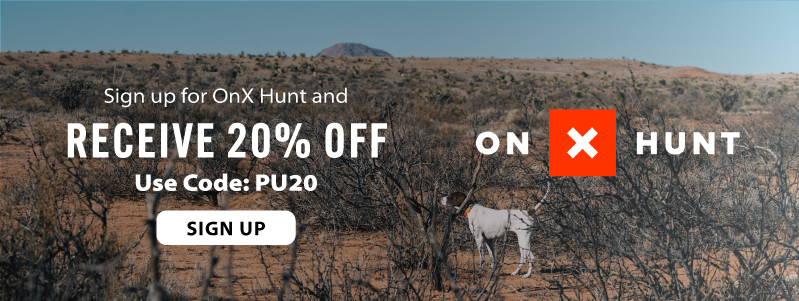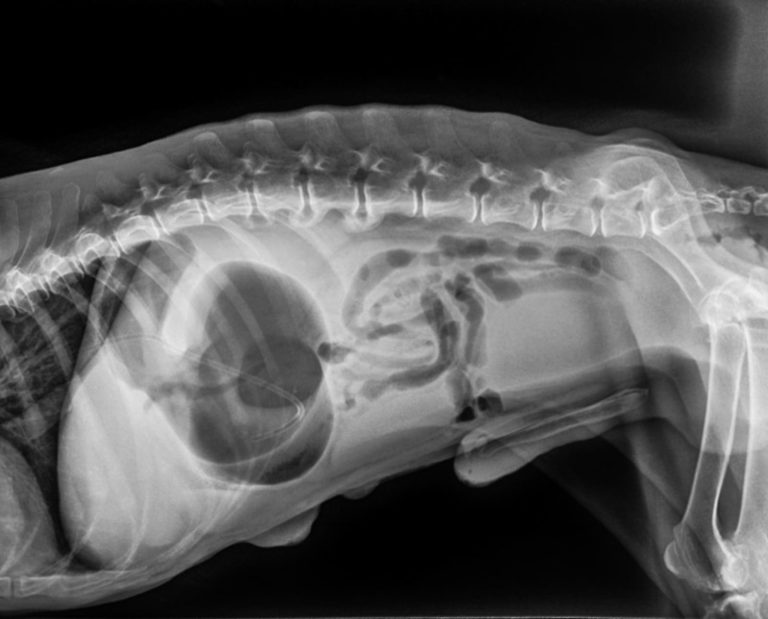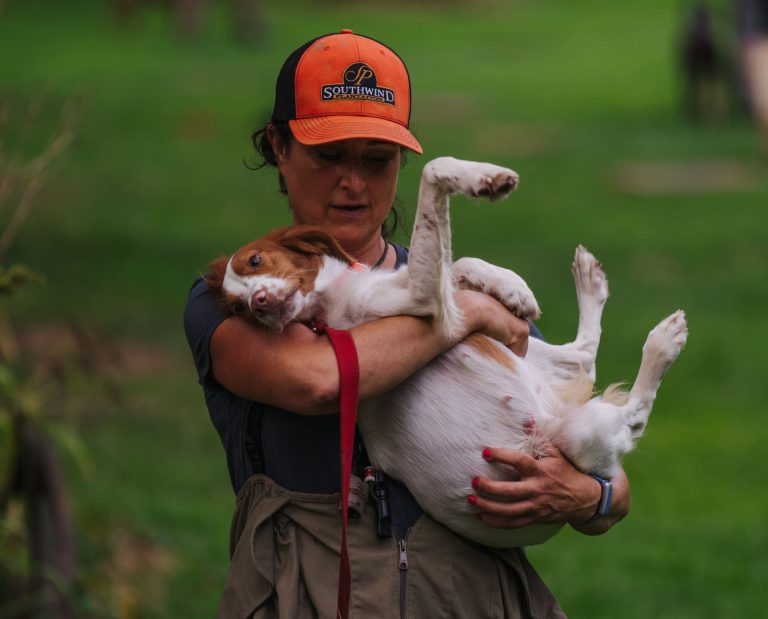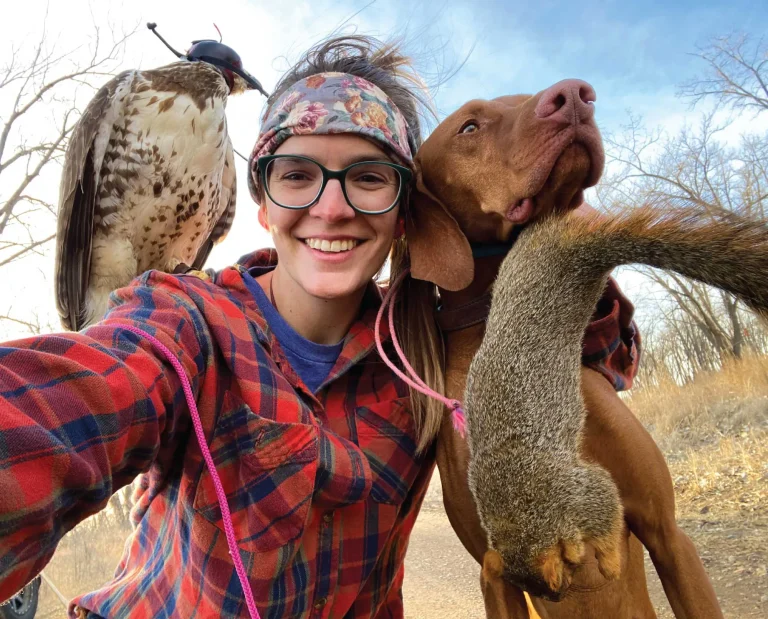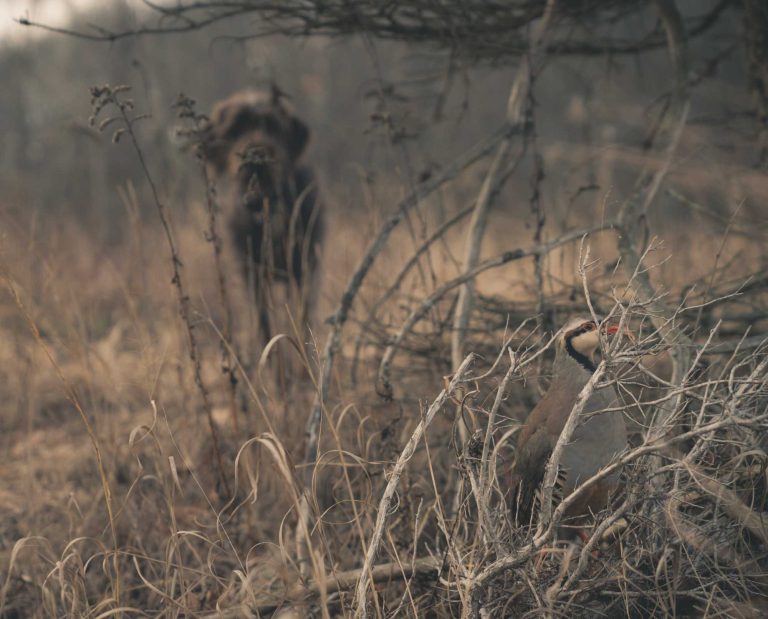The Costs and Benefits of Health Insurance for Dogs
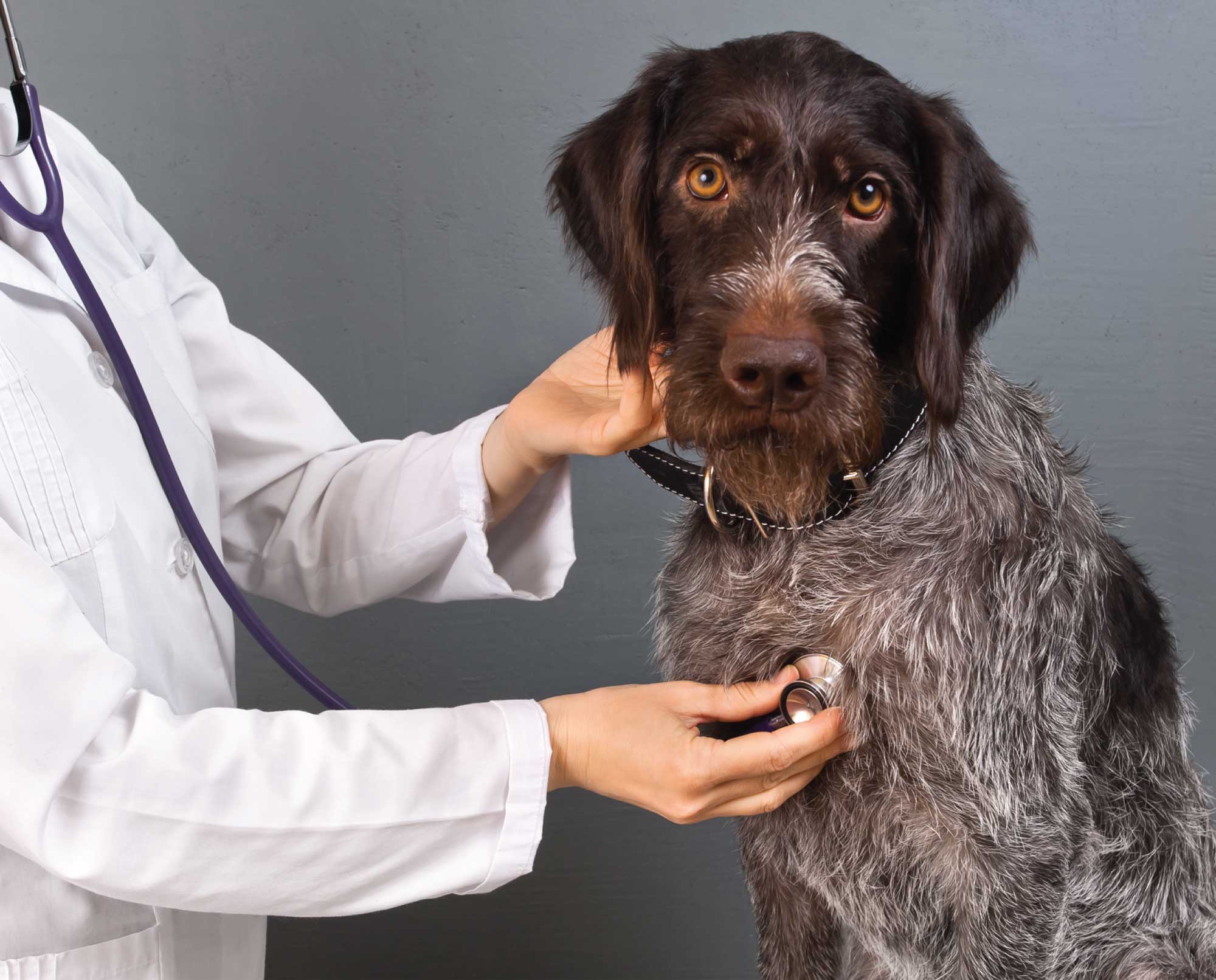
Is health insurance necessary for a hunting dog? Learn about the different options and if a policy is the right option for your dog
Let’s clear the air, hunting dogs are not a cheap venture. From high-quality dog food to protective gear, first aid, training equipment, and other necessary items, the costs for our four-legged companions can make someone unattuned to our world feel overwhelmed. Yet, among the costs that a hunting dog accrues over, hopefully, a decade-plus lifetime, one important item stands out among the rest: health insurance.
Lindsay Vega, DVM, an emergency veterinarian based in Morgantown, West Virginia, sees firsthand the benefits of investing in an insurance plan.
“I think all dog owners should get insurance for their pets,” Vega said. “The biggest benefit is that you’re going to save money over time. I’ve seen people save many thousands of dollars by getting health insurance for their dog and not have to make life-and-death decisions based on money.”
Still, researching and picking an insurance plan—let alone considering adding another bill to that ever-growing list concerning a gun dog—can be overwhelming. While this may seem the case, the truth is that for most dog owners it can be an investment worth making.
Insurance options for hunting dogs
Many things can harm a hunting dog, from bite wounds and lacerations to snake bites, foreign bodies, and plant-based materials, to getting quilled by a porcupine. In that vein, having the proper tools available gives owners some ounce of power, even over the most serious situations. Would you leave your first aid or tool kit at home knowing something could happen? Likely not. That said, health insurance is just another layer of protection that provides constant assurance.
READ: How to Remove a Dog From Foothold Traps, Snares, and Conibear Traps
There are multiple options for insurance policies for dogs. Some insurance plans are provided by large companies, such as Embrace and GEICO’s policy which, according to their website, offers unlimited telehealth services 24/7, up to 90 percent reimbursement, and doesn’t confine the owner to a hospital network. Other companies are independent, such as Trupanion. Vega has a plan through Trupanion for her American Staffordshire Terrier mix, Daisy, and, for hunting dog owners, it may be one of the best options, as it specifically outlines coverage for working dogs. According to its website, Trupanion offers simple plans, service representatives are available around the clock, it has 90 percent coverage for veterinary costs after paying the deductible, there are no payout limits, and it offers direct payments to clinics.
That noted, what does it cost for insurance? Vega noted that not every plan is the same, as personalized coverage plans vary.
“There’s no one set price,” she said. “The younger and healthier your pet is when you get insurance, the lower your premium is going to be—just like a person. If your pet has developed any pre-existing condition before getting insurance, they won’t be covered for that condition, and if the dog is older, you will have a higher monthly rate.”
When asked if premiums increased based on activities, Vega noted she wasn’t entirely sure, but that some companies may make decisions based on breed predispositions. Her example was a Labrador, noting that some insurance companies may not cover procedures concerning the dog’s joints or lameness. Where she is unsure is if a company will raise a premium based on the fact that the dog is used for hunting, which she suggested you talk to the company’s representative when figuring out a plan.
Does insurance for hunting dogs pay off?
While having the peace of mind that, should anything serious happen to your dog it will be covered, is priceless, some folks simply can’t afford insurance.
According to a 2018 report by NBC, while pet insurance has “improved” in recent years, an independent, non-profit consumer organization, Checkbook, was quoted as saying, “pet insurance is not worth it for many people, especially those who aren’t willing to bear large vet bills should their pets suffer serious injuries or major diseases.”
The report was based on research conducted by Checkbook on a fake dog, which noted “even the best insurance plans cost more in premiums than they paid out” over the fake dog’s life with moderate vet care provided, except in the case of “costly health problems,” where the owners “typically came out ahead financially.” Further, the report showed that some companies raised monthly premiums based on the dog’s age, whereas two companies, Healthy Paws and Trupanion, retained the same premium throughout the dog’s life. Still, while this was reported as fact four years ago, policies can be subject to change and, for many factors, even those offering fixed rates for some breeds may not for others.
Seeing different levels of commitment to pets as well as different client incomes over her career in both the D.C. Metro Area and Morgantown, Vega noted that those with pet insurance overall had a better experience and were willing to accept treatment plans rather than make tough decisions.
READ: Fungal Infections and Hunting Dogs: The Warning Signs and What to Do
“Absolutely (owners with insurance) have had better experiences,” she said. “I find those owners didn’t have to make decisions about cutting corners for the health-making decisions because they know they’re going to have that money paid back to them. Now, I think those clients have that money to start with because most companies require you to pay it yourself, and then you’re reimbursed. And, those are also clients that aren’t deciding to euthanize their animal for a fixable problem that’s more expensive.”
For those who cannot afford health insurance for their hunting dog, there are other options. CareCredit is offered across the United States, as more than 250,000 healthcare facilities (for both humans and animals) provide it as a payment option. Still, CareCredit is essentially a credit card and, while there isn’t a major barrier to applying, it’s possible that some may not qualify. If you do qualify, note that it carries high interest but also offers multiple deferred-interest plans. CareCredit can also be combined with health insurance plans.
“CareCredit is a general option for a lot of healthcare facilities,” Vega said. “There are other things like Scratchpay or VetBilling that are other types of payment plans.”
Vega further noted that, if insurance is cost-prohibitive or it isn’t worth it to owners, putting aside money in an emergency fund is an option.
“Obviously, that can be harder to do than just having insurance that’s billed monthly and built-in,” she said. “I think it’s extremely important and makes a huge difference. You have to have the ability to pay for minimum things, but it makes a huge difference every time. You also have to be willing to do the leg work to get your money reimbursed.”
Overall, getting insurance for your hunting dog is a personal choice. To some, it may not be worth the monthly premium over multiple years; to others, having peace of mind in case of a serious emergency is worth paying for, even with a tight budget. At the very least, it’s worth consideration.



